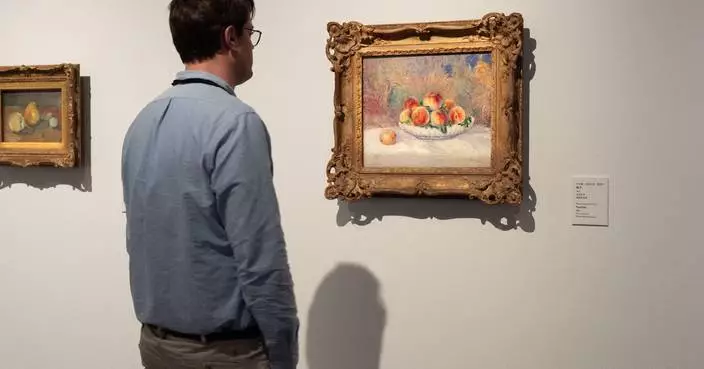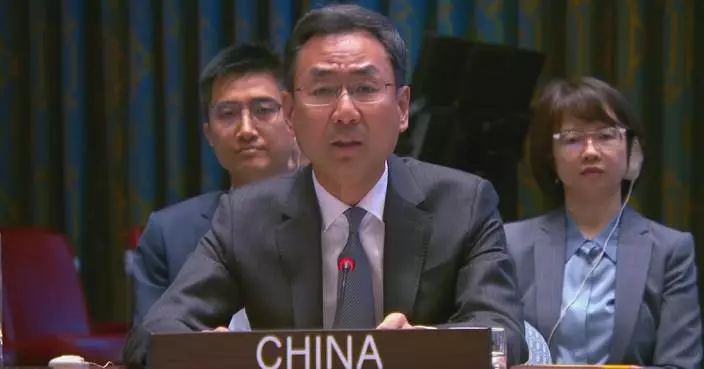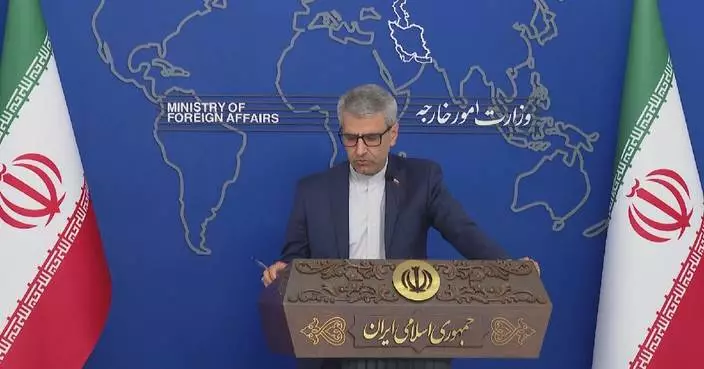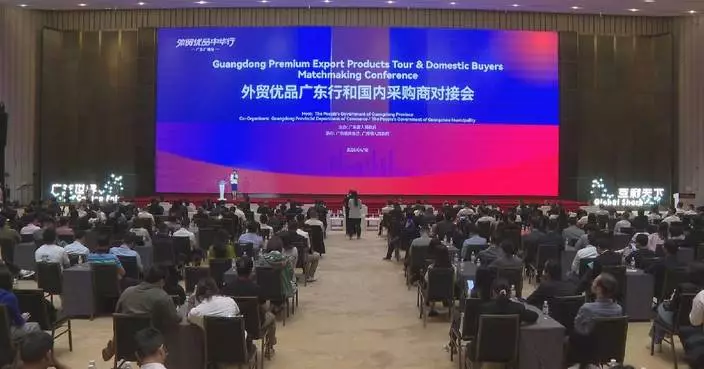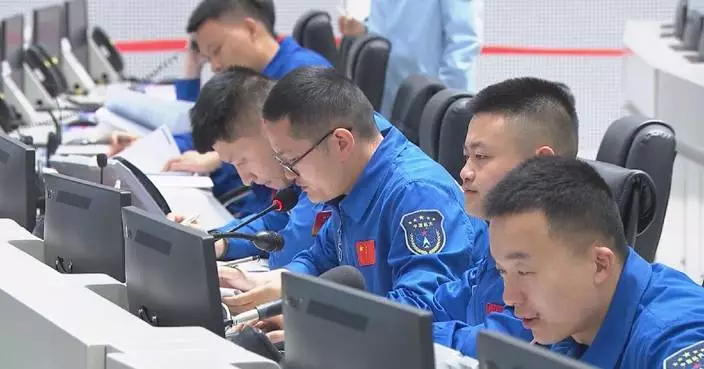DH reminds public who plan to travel during Easter holidays to stay vigilant against infectious diseases
With the approach of the Easter holidays, the Controller of the Centre for Health Protection (CHP) of the Department of Health, Dr Edwin Tsui, today (April 16) appealed to members of the public who intend to travel to stay alert to the situation of infectious diseases at their destinations and to prevent various infectious diseases, in particular measles, dengue fever (DF) and norovirus infection.
Measles
Recently, the number of measles cases in some overseas countries has been increasing. The outbreaks in North America (including the United States and Canada), Europe and neighbouring areas (including Vietnam, Cambodia and the Philippines) are ongoing due to the relatively low vaccination rate. Furthermore, an increasing number of measles cases have also been recorded in Japan and Australia this year. Overseas cases mainly affected people who were unvaccinated or had unknown vaccination status. This shows the importance of maintaining a high vaccination rate and herd immunity within the community.
Vaccination is the safest and most effective preventive measure against measles. For those who plan to travel to measles-endemic areas, they should check their vaccination records and medical history as early as possible. If they have not been diagnosed with measles through laboratory tests and have never received two doses of the measles vaccine or are not sure if they have received the measles vaccine, they should consult a doctor at least two weeks prior to their trip for vaccination. Healthy people in general can enjoy long-term, even lifelong protection after receiving the measles vaccination as recommended. Two doses of the measles-containing vaccine can confer protection of up to 97 per cent.
The incubation period of measles is seven to 21 days. Symptoms include fever, skin rash, cough, runny nose and red eyes. If such symptoms appear after returning from measles-endemic areas, people should wear surgical masks, stay home from work or school, avoid crowded places and contact with unvaccinated people, especially those with weak immune systems, pregnant women and children under 1 year old, and should consult their doctors as soon as possible.
Dengue fever
During their travels, members of the public are urged to stay vigilant against mosquito-borne diseases, including DF, Japanese encephalitis, zika virus infection, and malaria, with DF being a particular concern, and to carry out stringent anti-mosquito measures. In 2024, the World Health Organization recorded over 14 million cases of DF, which was a record number of cases. Some popular travel destinations for Hong Kong citizens, such as Thailand, Singapore and Malaysia, are also endemic areas for DF.
Members of the public should follow these anti-mosquito measures when travelling to areas affected by DF to reduce the chance of acquiring mosquito-borne diseases during travels and spreading the diseases to others through mosquitoes:
Wear loose, light-coloured, long-sleeved tops and trousers;
Use DEET-containing insect repellent on exposed parts of the body and clothing.For details about the use of insect repellents and key points to be observed, please refer to Tips for using insect repellents;
When engaging in outdoor activities, avoid using fragrant cosmetics or skincare products, reapply insect repellents according to instructions, and apply insect repellents after sunscreen if both are used; and
Apply insect repellent for 14 days upon returning to Hong Kong from areas affected by DF.
Norovirus infection
Norovirus is more active in winter, and the virus can be transmitted through various means, such as eating contaminated food, contacting with the vomit or excreta of infected persons, and touching contaminated objects.It may lead to an outbreak of acute gastroenteritis (AGE). With the current AGE activities in popular travel destinations for Hong Kong citizens, such as Japan, Singapore and Taiwan, being higher than during the same period last year, and with temperatures in some areas remaining low, members of the public are still at risk of infection during travels.
Norovirus is also a common cause of food poisoning and is often related to consumption of undercooked or raw shellfish. Therefore, the following points on food safety should be observed during travels:
Patronise reliable and licensed restaurants;
Avoid raw food or undercooked food, especially raw seafood or meat;
Be careful in choosing cold cuts, including sashimi, sushi and oysters in buffets;
When having hotpots or barbecuing, make sure the food is thoroughly cooked before eating;
Drink boiled water; and
Wash hands thoroughly with liquid soap and waterbefore eating and after using the toilet.
Dr Tsui reminded returned travellers to consult a doctor promptly if they develop symptoms such as fever, respiratory symptoms, rash or gastroenteritis symptoms, and to inform the doctor of their travel history for prompt diagnosis and treatment.
"The CHP will continue to monitor the situation of infectious diseases locally and abroad and provide timely updates to members of the public to keep them informed about the development of infectious diseases and help them prepare for precautionary measures," Dr Tsui said.
The public may visit the DH'sTravel Health Service webpage for the latest information on infectious disease outbreaks in various parts of the world and the preventive measures.
Asia Cultural Co-operation Forum+ 2025 promotes cultural co-operation
Key event of the Asia Cultural Co-operation Forum+ 2025, Ministerial Panel, has been held this afternoon (April 22). Participating cultural ministers and senior officials from 17 countries joined the Panel. They exchanged views and shared experience on policies and measures to promote arts and cultural development. Organised in Hong Kong, the Asia Cultural Co-operation Forum+ 2025 further strengthens Hong Kong's position as an East-meets-West centre for international cultural exchange.
The theme of the Forum is "Connect, Create, Engage: Bridging Cultures for All". Officiating at the Panel opening today, the Secretary for Culture, Sports and Tourism, Miss Rosanna Law, highlighted that the world has undergone rapid and vigourous changes and technological advancement is something inevitable. A people-oriented approachshould be adoptedto promote the arts and cultural development, i.e. to connect more with people, to create more for people and to engage more people. Making good use of Hong Kong as an East meets-West centre for international cultural exchange and the largest art trading centre in Asia, Hong Kong will surely continue to work hard to make our name card more shiny and tell good stories of Hong Kong.
In addition to the speeches given by Miss Law and Vice Minister of Culture and Tourism, Mr Gao Zheng in the Panel, participating cultural ministers and senior officials from Bahrain, Bangladesh, Brunei, Cambodia, Georgia, Iran, Kazakhstan, Korea, Laos, Nepal, Pakistan, Singapore, Slovak Republic, Thailand, United Arab Emirates and Vietnam also took turns to speak.
The Acting Chief Executive, Mr Chan Kwok-ki, hosted the gala dinner for the delegations as well as local cultural leaders. Local musicians, all-inclusive orchestra and a cappella choir were invited by the forum to perform in the dinner, showcasing a blend of Chinese and Western traditional and contemporary music, demonstrating to the guests the diversified and vibrant of art and culture scene in Hong Kong.
In his speech at the dinner, Mr Chan pointed out that the Government has been actively fostering the city's development into an East-meets-West centre for international cultural exchange with the clear national support in the National 14th Five-Year Plan. With its unique advantage of blending Chinese and Western cultures and its extensive international connections, Hong Kong will become a "super connector" and "super value-adder" between the Mainland and the rest of the world.
The delegations attending the forum visited the Hong Kong Museum of Art and Oil Street Art Space (Oi!) yesterday (April 21). They will attend the plenary session and visit the Hong Kong Palace Museum in the West Kowloon Cultural District tomorrow (April 23).
The Asia Cultural Co-operation Forum has been held since 2003 with the aim of promoting cultural co-operation and exchanges among regions. Drawing on the success of past forums, this year's forum is themed "Connect, Create, Engage: Bridging Cultures for All" and has expanded its scale. In addition to inviting more Asian countries to participate, Belt and Road countries outside of Asia are invited to participate for the first time to further promote cultural exchanges with countries in the region.
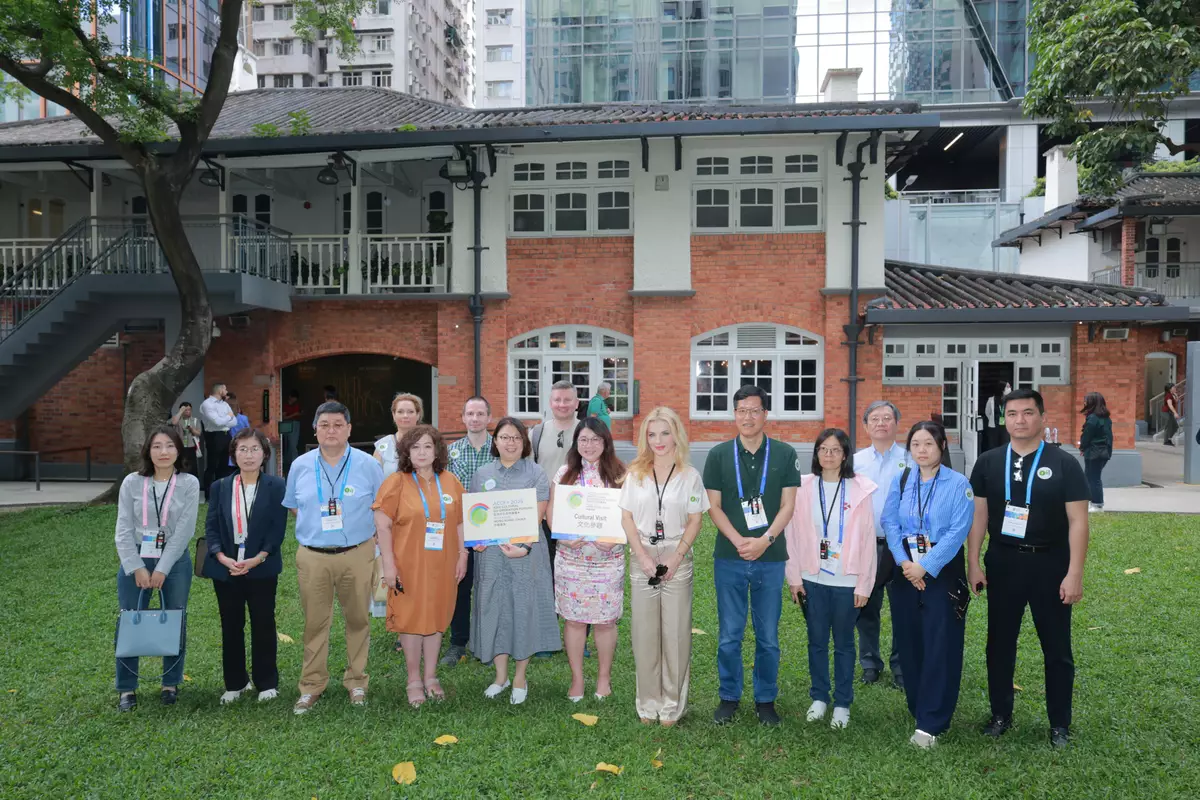
Asia Cultural Co-operation Forum+ 2025 promotes cultural co-operation Source: HKSAR Government Press Releases
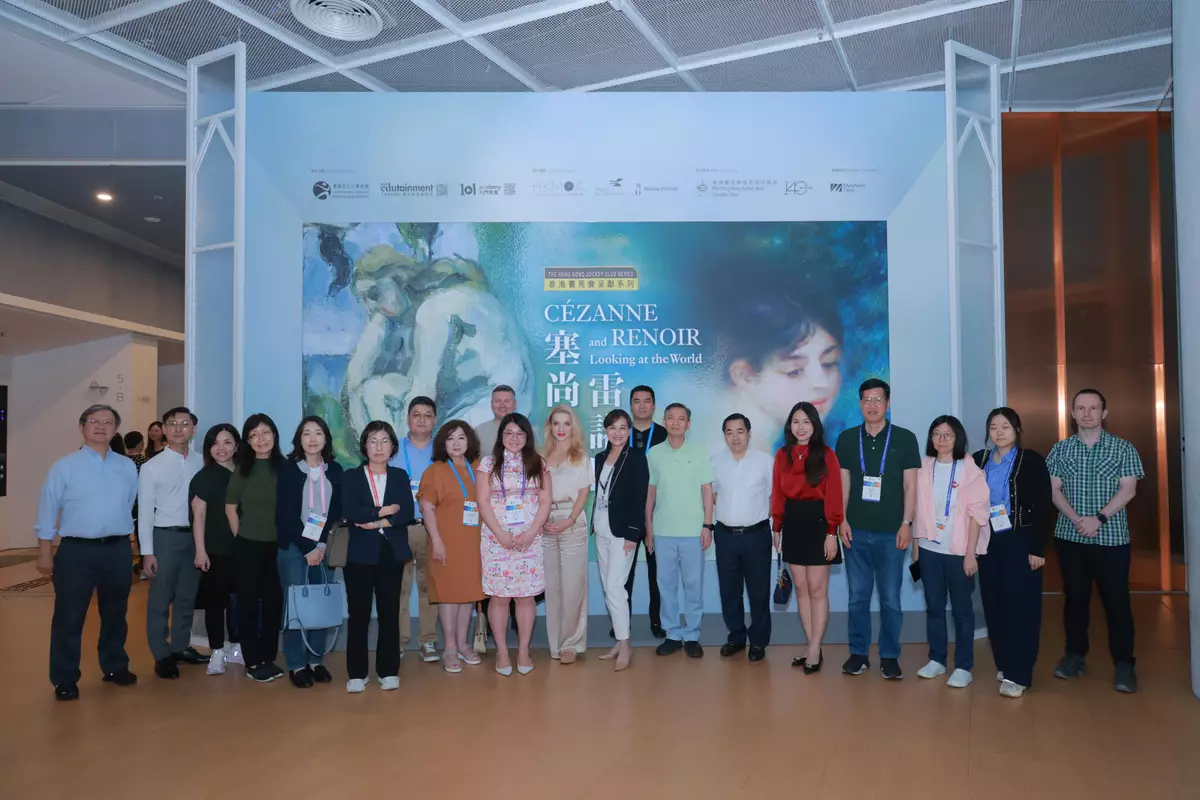
Asia Cultural Co-operation Forum+ 2025 promotes cultural co-operation Source: HKSAR Government Press Releases

Asia Cultural Co-operation Forum+ 2025 promotes cultural co-operation Source: HKSAR Government Press Releases

Asia Cultural Co-operation Forum+ 2025 promotes cultural co-operation Source: HKSAR Government Press Releases
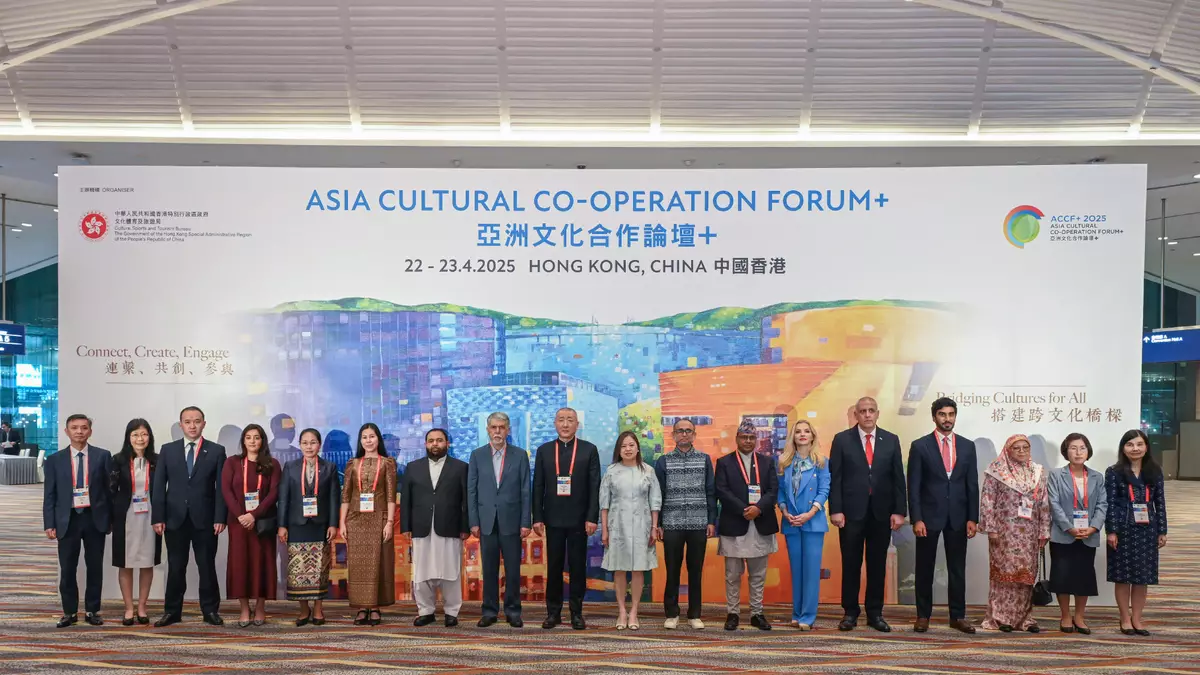
Asia Cultural Co-operation Forum+ 2025 promotes cultural co-operation Source: HKSAR Government Press Releases

Asia Cultural Co-operation Forum+ 2025 promotes cultural co-operation Source: HKSAR Government Press Releases
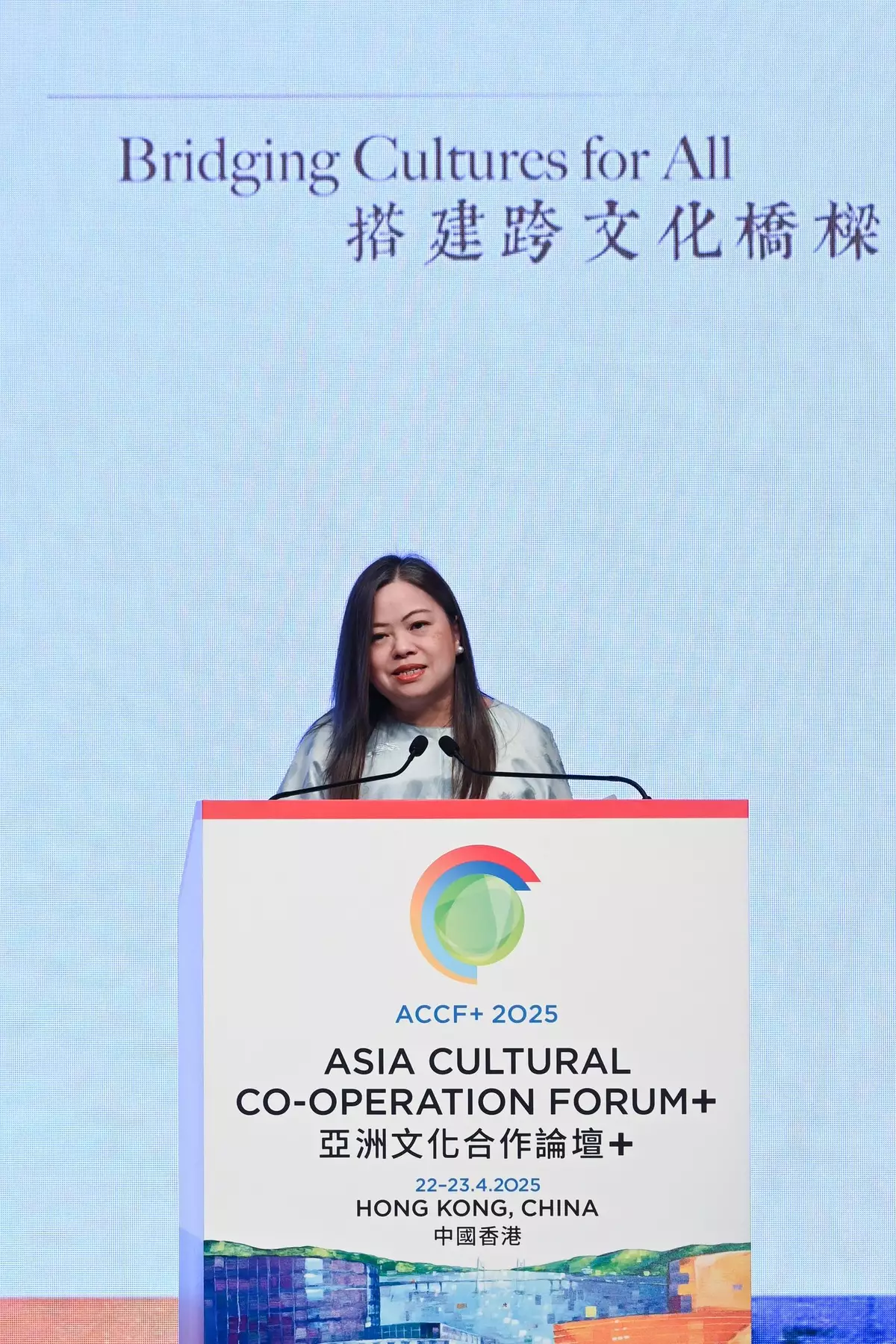
Asia Cultural Co-operation Forum+ 2025 promotes cultural co-operation Source: HKSAR Government Press Releases

Asia Cultural Co-operation Forum+ 2025 promotes cultural co-operation Source: HKSAR Government Press Releases














